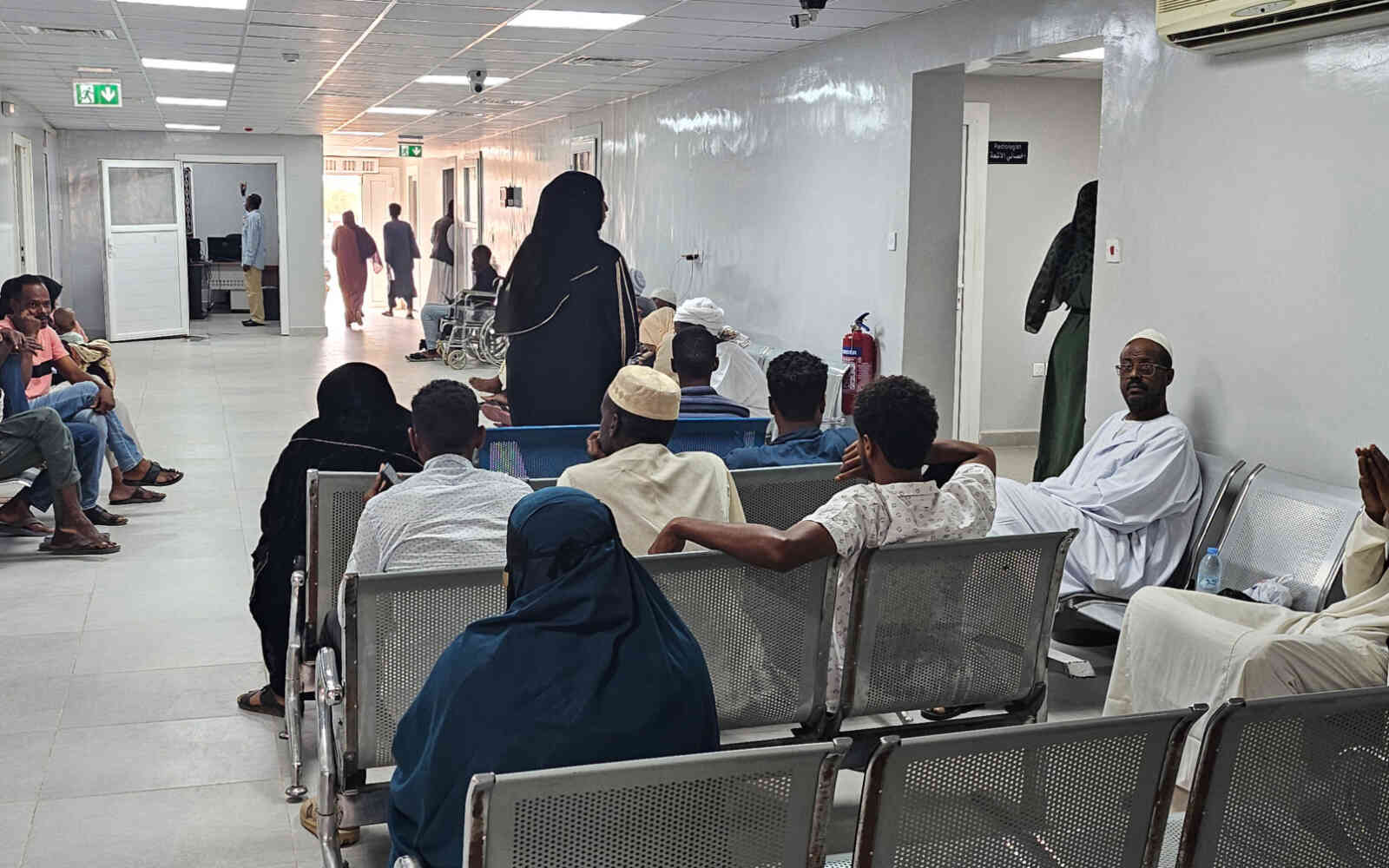The United Nations Office for Project Services (UNOPS)
New medical oxygen production plant in Zambia
The plant will provide quality oxygen to health facilities across the country's Copperbelt Province.
- This article was originally published 5 July 2023.
Project updates:
16 May 2024
The medical oxygen generation plant at Kitwe Teaching Hospital was officially handed over to the government of Zambia at an inauguration this month, attended by Zambia’s Minister of Copperbelt Province, the Ambassador of Sweden to Zambia, and other representatives from the government and partners.
The facility will serve more than 1.8 million people in Copperbelt Province and beyond.
“UNOPS remains committed to supporting the Government of Zambia and development partners, to invest in health infrastructure that brings sustainable health services closer to the people of Zambia,” said Rainer Frauenfeld, Director of UNOPS Multi-Country Office in Kenya.
Read more here.
Medical oxygen is essential for treating medical issues such as pneumonia, birth asphyxia and obstetric emergencies. The medical oxygen production plant will help increase the amount of oxygen available to patients who need it most, helping to save lives and contributing to strengthening the resilience of Zambia's healthcare system.
"Access to oxygen can be the difference between life and death for many patients. This project puts us into a better position to respond to the needs of patients requiring oxygen therapy," said Minister of Health Sylvia T. Masebo.
The plant will serve 5 districts, including Kitwe Teaching Hospital and 42 health centres – 16 of which provide basic emergency obstetric and newborn care.
"It is a priority for us to bring oxygen closer to children and patients suffering from respiratory illnesses," said Penelope Campbell, UNICEF Representative in Zambia.
As part of the project, UNOPS is designing, procuring and constructing the oxygen production plant, using $1.7 million in funding from the government of Sweden and UNICEF.
UNOPS is proud to support this project, which will help to save the lives of patients.
The plant – which will operate 24 hours a day, 7 days a week – is expected to produce up to 6,000 litres of oxygen per day.
To ensure the long-term sustainability of the oxygen plant, UNOPS will also provide training to plant operators on basic maintenance and operations after plant installation is complete.
UNOPS has implemented similar projects in Kenya and Nigeria, in partnership with UNICEF and the Ministries of Health.















